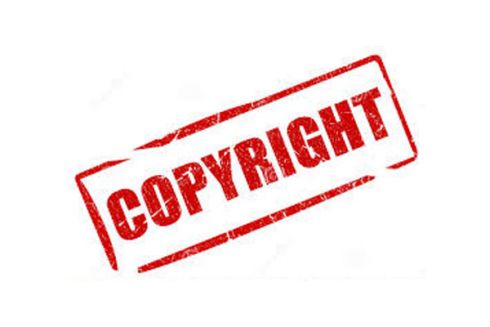
NEW DELHI: The current broadcast ownership rules are out of touch with the reality of today's media marketplace, National Association of Broadcasters EVP/General Counsel Jane Mago told lawmakers recently.
During a House subcommittee hearing on the Federal Communications Committee's media ownership rules, Mago said, "The current rules distort competition. Cable, satellite and Internet-based media outlets — who operate without these cumbersome regulations — continue to proliferate and take both audience share and advertising revenues."
NAB has long wanted the commission to relax the ban against one company owning either a radio or television station and a newspaper in the same market.
Today, Mago told lawmakers the commission seems to recognise the rule is "overly broad," yet notes it is still on the books.
NAB has challenged the FCC's decision to fold its 2010 media ownership review into 2014, which would mean the review would not likely be completed until mid-2016 at the earliest; the trade group is also challenging the commission's new restrictions on television JSAs.
"Consideration of the broadcast ownership rules must be based on real evidence, not speculation," noted Mago. That is why NAB is asking lawmakers to review how the FCC's administration of its ownership rules has stifled investment and opportunity in broadcasting, saying the "increasingly outdated" media ownership rules" have significant, harmful consequences" on local media.
Meanwhile, New York Democrat Representative Jerrold Nadler said during a hearing earlier this week on copyright reform, "Consumers do not know the button they push on their car dashboard or smartphone dictates whether artists are paid," for that song.
A report by NewBay Media said Nadler was referring to the patchwork of laws governing compensating music artistes whether the song they produced is aired on satellite radio, terrestrial radio or Internet radio. That was why he was working on one music omnibus bill, to bring "fairness and efficiency to our music licensing system, and ensure that no particular business enjoys a special advantage against new and innovative technologies," he said in a subcommittee of the House Judiciary Committee.
Music representatives brought up the issue of mandating a performance right on terrestrial radio.
Recording Academy president/CEO Neil Portnow said, "We should remember who the authors of music are," rattling off a list that included performers, producers and studio engineers. Low streaming royalties are preventing songwriters who create Internet music from making a living, he said, and the National Association of Broadcasters has "spent a lot of money retaining their free ride," referring to radio's lack of a performance royalty.
According to a report, broadcasters counter that they already pay music licensing fees to performance rights organisations ASCAP, BMI and SESAC, and should not be mandated to pay for music rights twice. Broadcasters also pointed out the artistes benefits that station airplay and station promotion bring.
Texas Republican Representative Blake Farenthold reminded his colleagues on the Courts, Intellectual Property and the Internet Subcommittee that radio stations are running a business.
And while the music industry is struggling to make the transition from the higher profits garnered from sales of physical records and CDs to lower profits from digital music sales, radio stations are struggling too with the same forces. "There is no way a radio station is getting compensation from music played on Pandora. Historically, radio is highly regulated," and has limited bandwidth and limited room for expansion, Farenthold said. He did mention that the industry provides a way for new music to be exposed.
Witnesses spent much of their time explaining how much money they are losing because of what they say are arcane copyright laws and asking for lawmakers to look at revamping the entire music copyright system, possible creating a platform-agnostic system.
Nashville Songwriters Association International president Lee Thomas Miller said it took him 11 years to get a hit song on the radio, however nine out of 10 of his colleagues do not write songs anymore because they cannot make a living based on the royalties they receive. Miller receives "a thousandth of a penny" for Internet radio performances.
Mechanical reproductions used to be dominant, but now only make up "a quarter of our revenue," said National Music Publishers Association President/CEO David Israelite. The current royalty rate per song is about nine cents, which would be about 50 cents per song if adjusted for today's inflation, he said.
BMI CEO Michael O'Neil said, "We are locked into a [copyright] model that might have been appropriate when the Beatles came to America, but not now." BMI seeks to replace the current copyright rate court with an arbitration model and believes consent decrees should sunset when their basis no longer exists.
Jim Griffin, managing director of OneHouse, called himself the "geek" of the hearing for his tech experience. He said the industry needs to create a giant database to properly track all songs so that every person responsible for each song and is paid the proper royalty.
Also, each song should have a unique identifying code, said Griffin, who notes that today's system of using an artiste's name or song title does not work because of spelling variations.
Radio in all its forms gets a chance at the table on June 25 when the second panel is slated to testify on the topic.